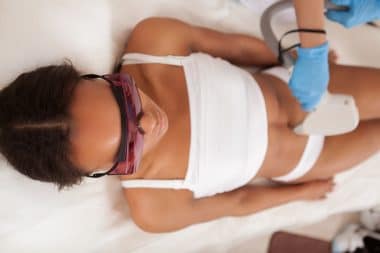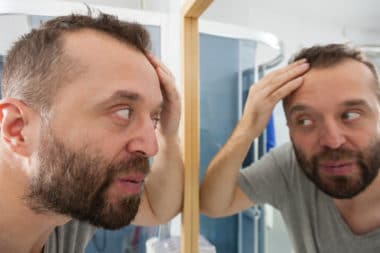Hair loss is a common problem for adults throughout the world. There are reasons why a person might lose their hair and they differ from one person to another. Although the most common reasons are hereditary, certain medical conditions and dietary issues may also contribute to the problem. Fortunately, hair loss does not have to be permanent. There are treatments that can help affected individuals get at least some of their hair back.
Here are some available treatments for hair loss.
Follicular Transfer
One of the most popular treatments for hair loss today is a surgical procedure known as “follicular transfer.” This procedure involves transplanting individual hairs from other areas to the affected area. It’s a complicated process that requires the experienced hand of a skilled surgeon.
Follicular transfer is done in three separate phases. The extraction phase, the healing phase and the implantation phase. If successful, hair should begin growing within a few months of implantation. This procedure is usually performed on individuals with severe cases of hair loss.
Pharmaceutical Treatments
While individuals with severe hair loss may opt for surgical procedures to reverse their condition, this approach may not suit everyone. It’s not uncommon for someone who’s just beginning to lose their hair to leave surgery as a last resort and pursue the use of external agents. Today’s doctors have a wide variety of pharmaceutical options they can recommend to patients that are losing their hair.
Pharmaceutical hair loss treatments can come in a number of different forms. The most common forms are tablets, creams, oils and ointments. One of the most common oral hair loss medications is Minoxidil. Currently available over-the-counter, it contains a chemical called “moiety,” which reduces hair loss and stimulates hair growth at the same time. Although it’s a very reputable form of treatment, there are some side effects that should be carefully considered prior to use. Side effects may include irritation of the affected area, unwanted hair growth elsewhere on the body and burning in the eyes. It’s also possible to suffer from an allergic reaction that may include dizziness, swelling of the lips and an increased heart rate.
Another popular pharmaceutical is Finasteride. Finasteride was created specifically to treat male pattern baldness. Studies have shown that this medication is effective in at least 60 percent of men with male pattern baldness. However, it was created for the treatment of mild-to-moderate hair thinning and is not intended to be used in cases of severe hair loss.
Organic Treatments
Some individuals dealing with hair loss may decide to pursue organic forms of treatment. These treatments usually involve the use of vitamins and other supplements believed to assist in either stopping or reducing hair loss. Although the jury is still out on the effectiveness of many organic treatments, studies have shown that taking vitamins B, B3, B5 and B6 may result in some degree of hair regrowth.
If you’re experiencing hair loss, the best course of action is to ask your doctor for advice. Hair loss is a very common problem and there are many ways to treat it. However, not all of the solutions available will work for everyone and side effects should always be considered. Your doctor is familiar with your health history and can point you in the right direction, based upon your individual needs.







